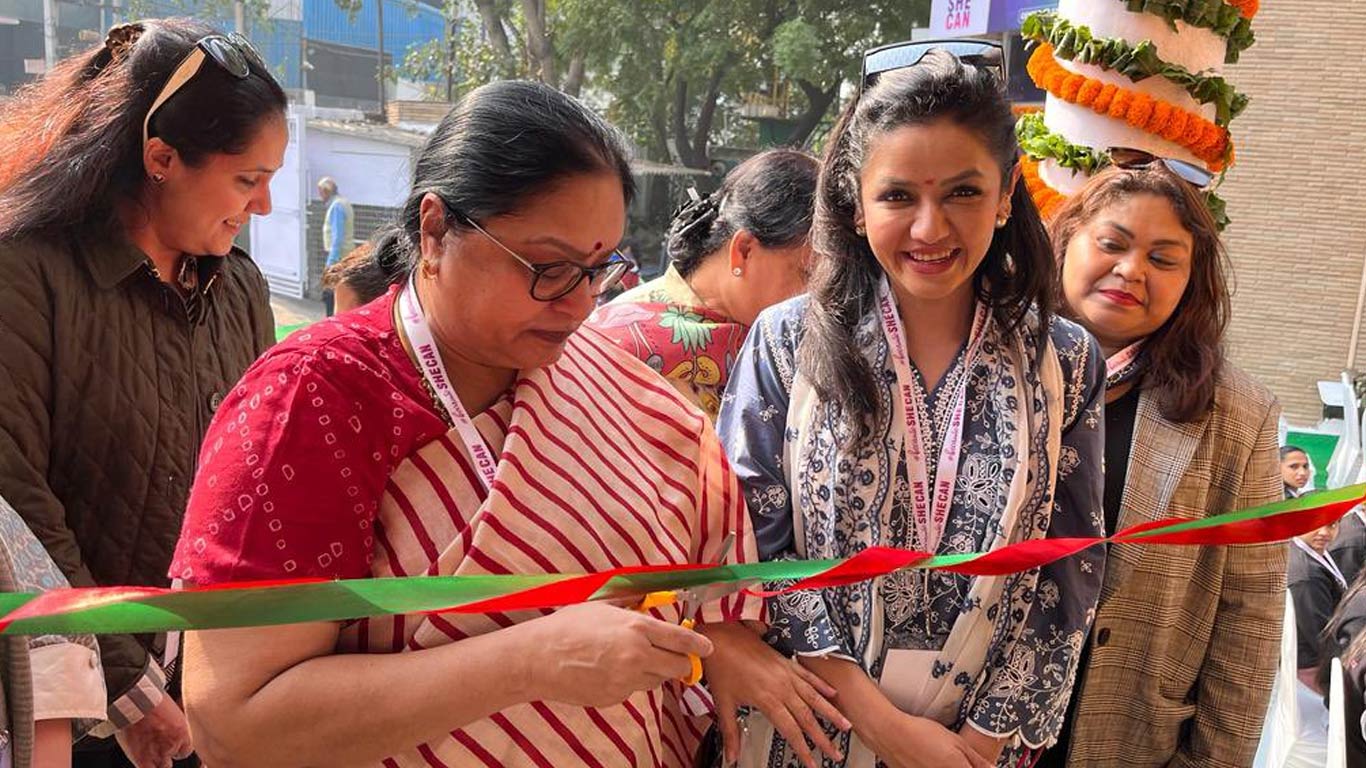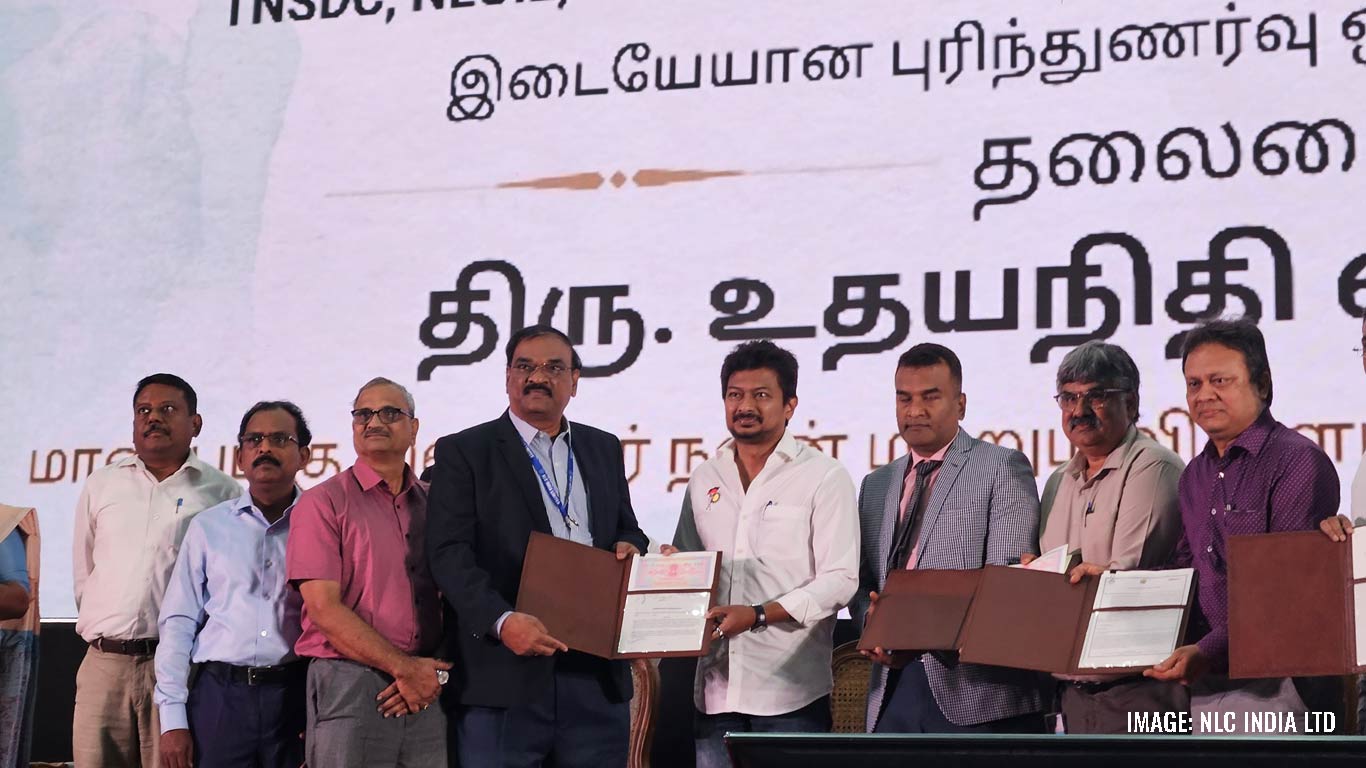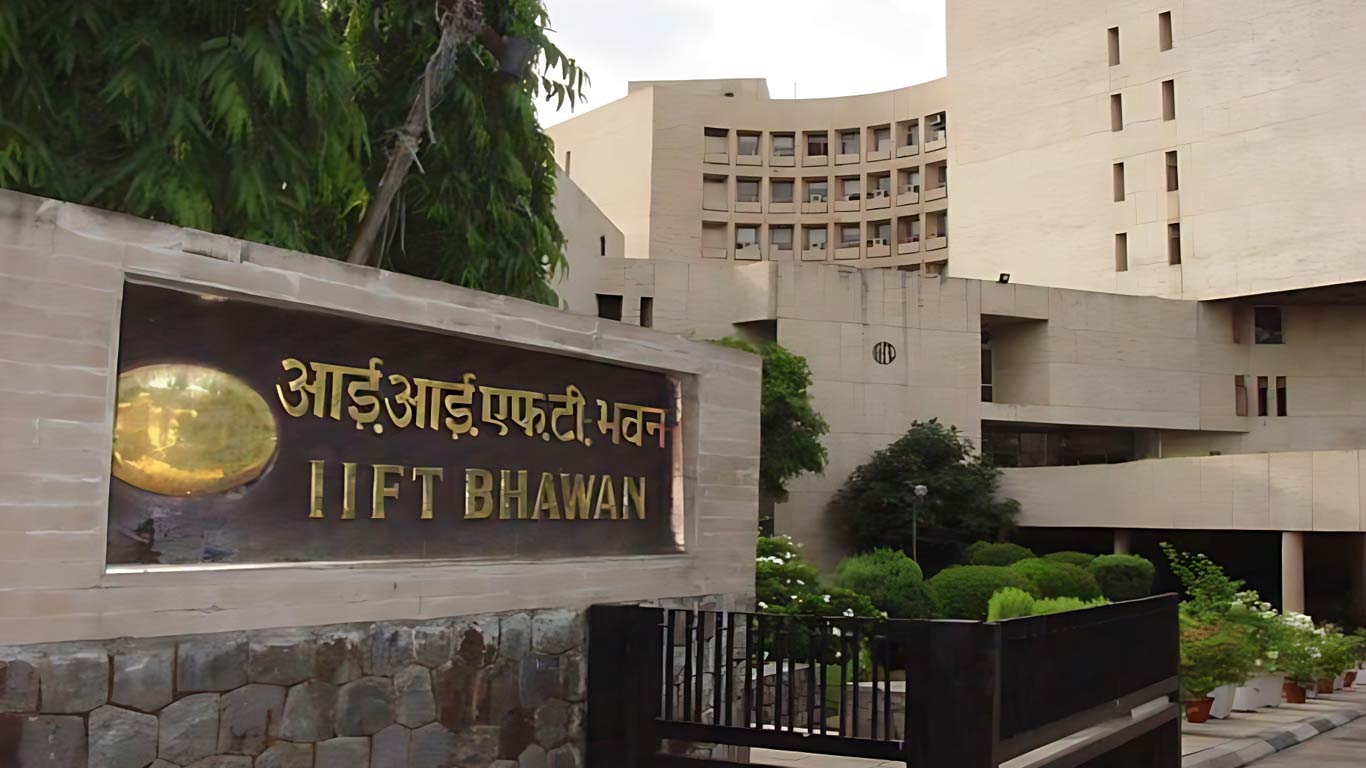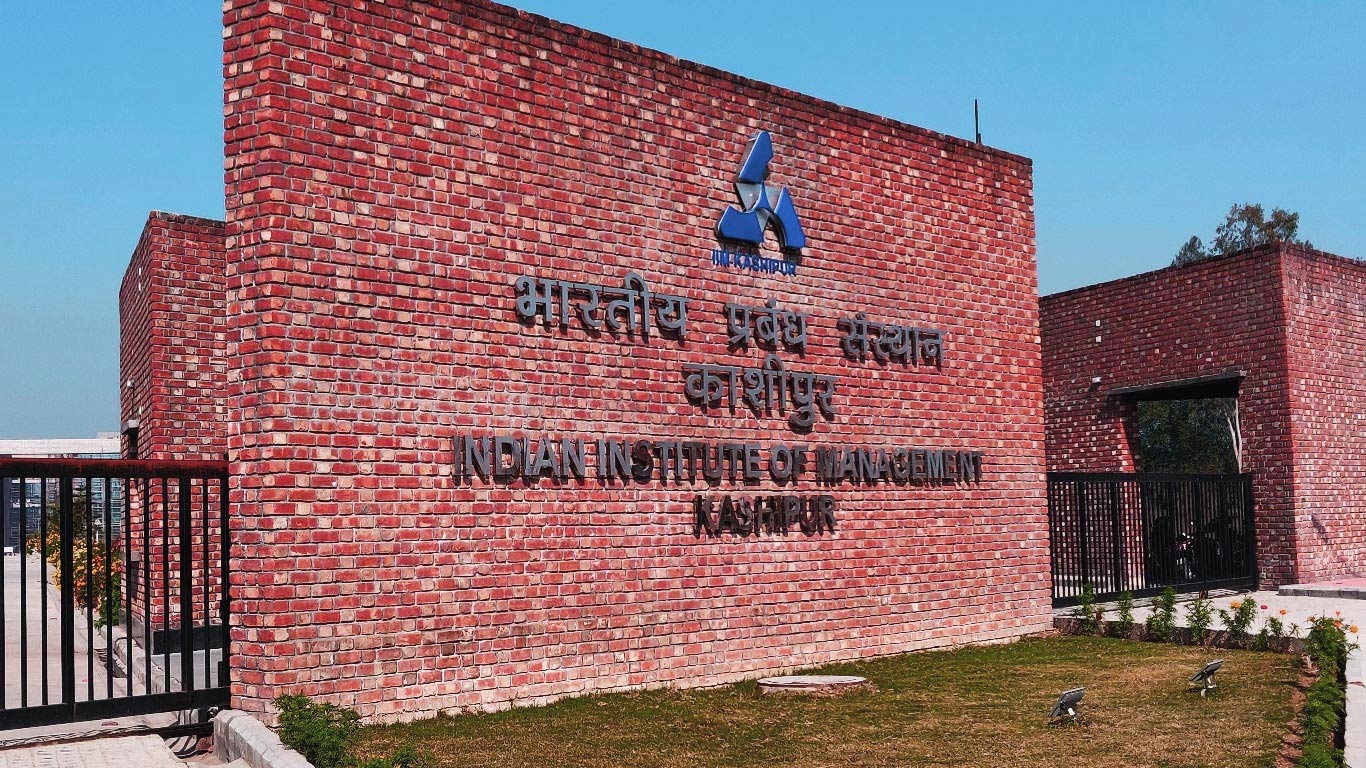Boosting Of Defence SMEs Essential For Building Self-Sufficient India: Study
Updated: Jun 17, 2016 12:05:05pm

Boosting Of Defence Smes Essential For Building Self-Sufficient India: Study
New Delhi, June 17 (KNN) The Ministry of Defence of India acknowledges the fact that India needs to increase self reliance in its own national interest and therefore, it is imperative for Indian companies, especially SMEs, to integrate themselves into the supply chains of national and international defence majors in order to reduce dependence on foreign supplies and also to gain a foothold in the international aerospace and defence market, said a research paper of Ernst and Young.
In India, a large number of SMEs serve as suppliers to defence PSUs and have a role to play in the Indian defence market but their contribution has somewhere gone unnoticed. Hence, in order to achieve self reliance in defence production and subsequently emerge as a significant defence player, India needs to improve the competitiveness of its SMEs and enhance their role in the Indian defence industry, highlighted the report.
The study also cited recommendation of the Kelkar Committee that “components and parts of acquired equipment” are to be made in India. With such indigenous production, the armed forces will gain through improved life cycle support through local maintenance and upgrades and maturing of the Indian defence industry.
Despite huge investments in R&D, production and existing capacities in government defence industrial undertakings, the plan to source 70% of its defence requirements from indigenous
suppliers by 2010 was far from reality. This continued dependence on foreign collaborators for updated designs, even after several years of the implementation of license agreements, indicates the ineffectiveness of indigenization initiatives, the report highlighted.
Emphasizing about the solutions and initiatives required to boost up the role of SMEs in defence, the study emphasised that private sector should be closely involved in long term defence planning and project categorization to enable them to map their capabilities, plan their investments and supply chain accordingly. Also, there should be a level playing field between private and public sector in terms of policy and procurement norms.
Simplifying licensing procedures to encourage entry of SMEs into the defence industry, was also recommended in study.
Private sector participation in defence R&D should be actively encouraged and financed primarily by the government. India aims to facilitate greater private sector participation in the area of defence goods production.
As India is likely to be a manufacturing hub for defence equipment, the SME sector needs to gear up to play an important role as a supplier of various components for the development of the defence manufacturing industry.
Rising defence procurement, especially in communications and IT equipment, presents an exciting opportunity for Indian industry to upgrade itself, since the offset policy does not differentiate between the private and public sectors, the study said.
The study also reported that Indian defence industrial base needs to ramp up the design and production capabilities in the following technology areas- Thermal imaging, image intensification and infrared based equipment, Sensors, detectors, radars and early-warning systems, Wireless and mobile surveillance systems and IP surveillance solutions, GPS and GSM-based tracking systems and access control and identification and biometric-based systems.
To promote SME participation in defence, efforts should be made to provide them with access to information on business opportunities globally to enable them to build relationships with international SMEs in global defence programs, the study said.
In one of its key findings it said,
"To move up the global defence value chain, SMEs should focus on innovation, building intellectual property, and adopt quality and process standards to be able to offer complete
sub-systems or assemblies as well as testing and certification services. Tailor made courses on specific categories in aerospace and defence should be offered at all levels of education in Indian educational institutes through industry-government-institute partnerships."
There should be rapid development of domain knowledge in the private sector by hiring and training of engineers from leading engineering institutes with support from aerospace and defence sector specialists from abroad. Common facilities for design, testing and simulation should be established in SME clusters, as required, on a pay-per-use model.
To be able to integrate in the supply chain, SMEs need to know their customers well, understand their requirements, gain their confidence and demonstrate a strong commitment to develop a long term business relationship. Such initiatives by SMEs coupled with government’s policy to enhance the role of SMEs in the Indian defence industry, including participation in defence R&D, are the need of the hour if India is to emerge as one of the most important defence markets in the world, it summed up.











